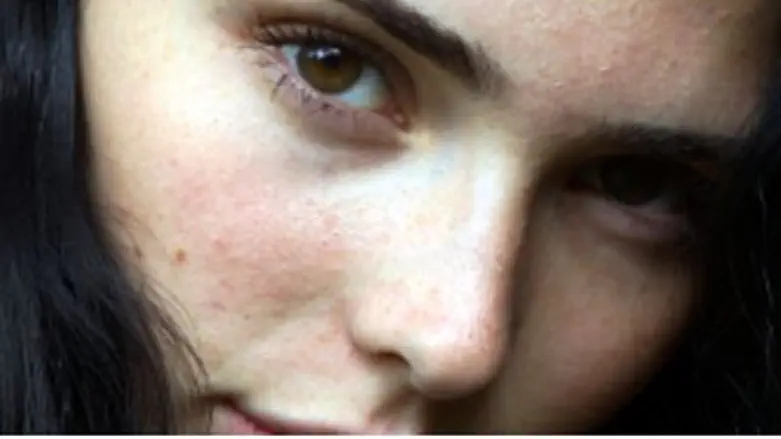
Vogue magazines have followed Israel’s breakthrough law banning obviously underweight models from advertisements, and have declared that they would no longer be using “listless, grey-looking” models who are painfully thin or models under the age of 16.
According to a report in The Examiner, the pact was made by 19 editors of Vogue magazines internationally, in order to help change the face of Vogue to a healthier image and start to alter the industry dialogue about what is beautiful.
The announcement also takes a strong stance in its specific age cut-off, protecting impressionable younger teens from the modeling world, as well as reinforcing the idea that we as a society do not need to be sexualizing younger girls.
The Knesset’s law, passed in March, is designed to prevent the idealization of an emaciated look, which has, some say, led to a rise in anorexia and other life-threatening eating disorders among teenage girls, whose need for adjustment to natural body changes may make them vulnerable to overdieting.
Models with a body mass index (BMI) lower than 18.5 will not qualify to appear in advertisements in the State of Israel, according to the new law.
In addition, any ad in which airbrushing, computer editing or any other form Photoshop editing is used to create a slimmer image for a model must state that fact, clearly.
According to a 2000 World Health Organization survey comparing eating behaviors among sixth to tenth graders, more than 70 percent of girls in Israel want to change their bodies. About half of the Israeli girls surveyed said they felt “too fat.”
The Knesset is also considering a measure to enable doctors to involuntarily hospitalize patients suffering from anorexia in cases where their lives are in imminent, immediate danger.
The Examiner noted, however, that the criteria in Vogue's new policy about thin models are vague, leaving the door open for extensive interpretation, which could lead to both positive and negative consequences.
One of the concerns about Israel’s ban on models under a BMI of 18, the report said, is that there are many women who are naturally thin and below that cut-off. Therefore, the vagueness of Vogue’s criteria actually makes this a more individualized approach so that potential models aren’t excluded based on a single number.
Another potential problem, noted the report, is that Vogue states that it will not work with models who “appear to have an eating disorder”. Since one cannot always tell whether someone has an eating disorder, the policy will certainly help to address drastically underweight models, but many people with the binge-purge subtype of anorexia might not appear listless or emaciated. Although their involvement in modeling may not alter the image of Vogue, it could still potentially exacerbate the model’s disease, The Examiner claims.
